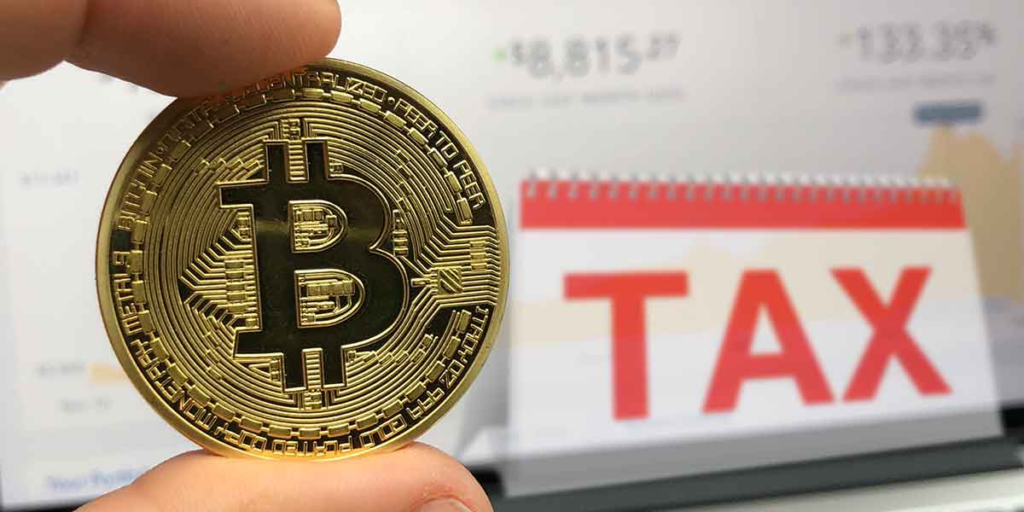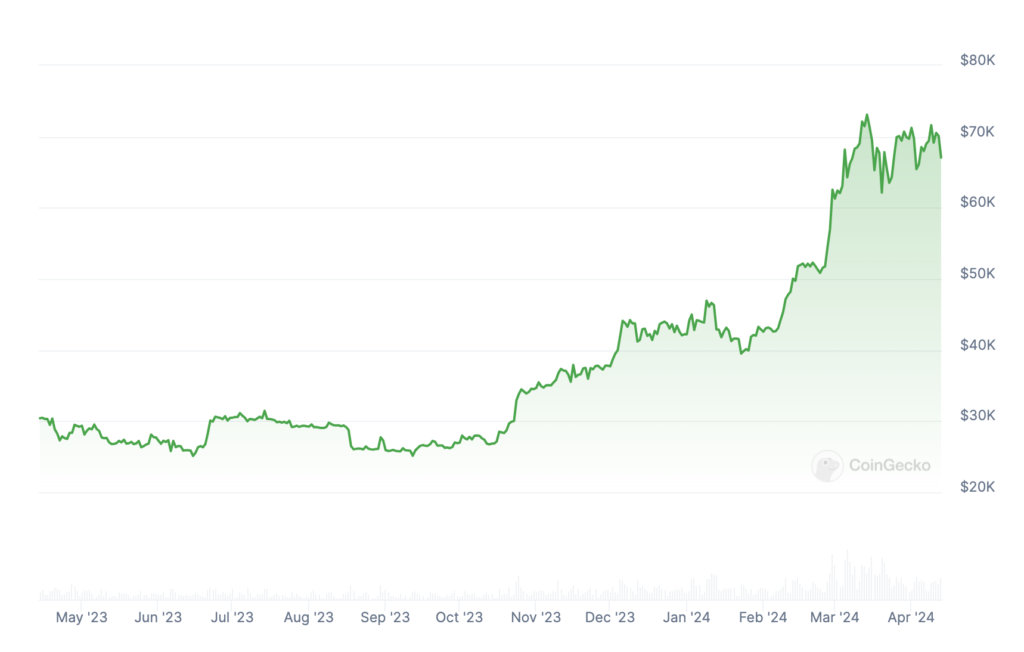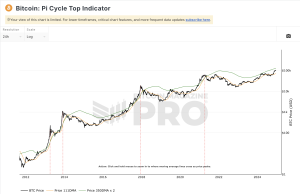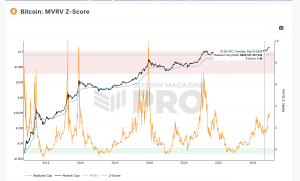Bitcoin’s Price Could Drop During Tax Season

As the Bitcoin community anticipates the fourth halving event on April 20, where the reward for mining Bitcoin will be reduced, financial expert Arthur Hayes suggests that Bitcoin might see a price decline around this period.
Arthur Hayes, who co-founded the cryptocurrency exchange BitMEX and serves as the chief investment officer at Maelstrom, explains that although such events are typically seen as positive for Bitcoin’s value, this time might be different due to overlapping economic pressures.
Hayes points out that the expected increase in Bitcoin prices due to the halving may have already been factored into its current value. Historically, Bitcoin has experienced significant price increases after past halvings because these events reduce the rate at which new bitcoins are generated, theoretically making existing coins more valuable.

However, Hayes warns of potential financial turbulence due to the U.S. tax season. With tax payments due on April 15, significant amounts of money will be withdrawn from the economy to settle tax bills, reducing the amount of dollars available in the financial system. This tightening of dollar liquidity could lead to a broader aversion to risk, prompting investors to sell off riskier assets like cryptocurrencies.
Adding to the squeeze, the Federal Reserve’s ongoing quantitative tightening policy is also pulling dollars out of circulation, compounding the effect on asset prices. According to Hayes, these factors are likely to drive a sale of cryptocurrencies around the time of the Bitcoin halving.
Hayes advises traders to be cautious during this period, suggesting that it might be a good time for those looking to take short positions on risky assets. He anticipates a challenging period from April 15 to May 1, as market liquidity will likely be lower and volatility higher.
Looking beyond this potentially volatile period, Hayes is optimistic about a rebound in asset prices after May 1, when the U.S. Treasury might begin to spend down its balances, injecting more liquidity into the market and potentially boosting asset prices again. This, he believes, could create favorable conditions for asset price increases leading up to the U.S. presidential election in November.
In conclusion, while the Bitcoin halving is generally seen as a bullish event, this year’s occurrence might be overshadowed by broader economic pressures from the U.S. tax season and monetary policy, leading to possible short-term declines in Bitcoin’s price.



